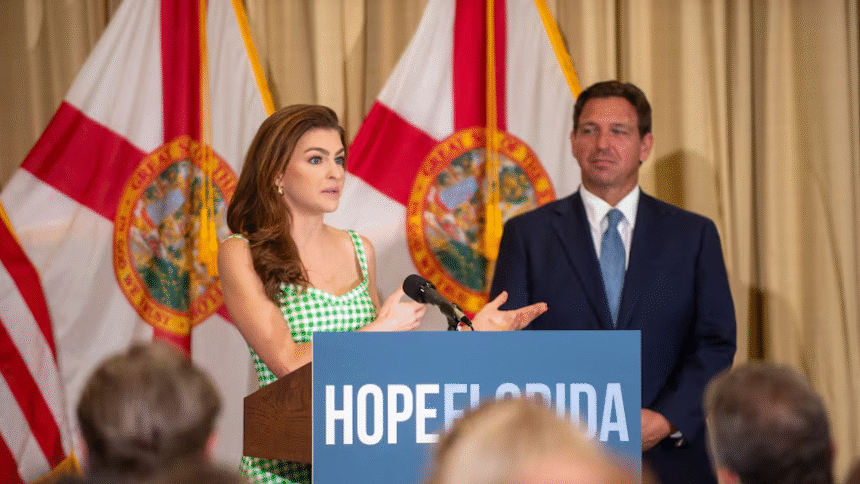In a developing legal story out of Hope, Florida, prosecutors have convened a grand jury as part of an active investigation. In recent weeks, several witnesses have been issued subpoenas, signaling the gravity of the inquiry and the legal processes that will unfold in the coming months.
What We Know So Far
- Grand jury convened: The involvement of a grand jury typically indicates that prosecutors are gathering information and potential evidence before presenting charges or a formal indictment. While grand jury proceedings are generally secret, their purpose is to determine whether there is enough evidence to proceed with criminal charges.
- Subpoenas issued to witnesses: Subpoenas compel individuals to testify, produce documents, or provide other evidence under oath. The fact that multiple subpoenas have been issued suggests the investigation is expanding and that prosecutors are seeking a broad set of information.
- Location and scope: The case is centered in Hope, a city in Florida. Specifics about the targets, charges, or statutes under investigation have not been publicly disclosed, which is typical during ongoing investigations to protect witnesses and the integrity of the process.
Note: As with many ongoing legal matters, details can evolve quickly. Official statements from the prosecutor’s office or court filings often provide the most reliable updates.
Why Grand Juries Matter
- Independent assessment of evidence: A grand jury reviews evidence presented by prosecutors to determine if there is probable cause to indict.
- Protection of public interests: The grand jury process helps ensure that charges are warranted and prevents baseless prosecutions.
- Controlled secrecy: Grand jury proceedings are generally confidential to protect witnesses, maintain the integrity of the investigation, and encourage candid testimony.
What Subpoenas Typically Entail
- Testimony under oath: Witnesses may be asked to provide firsthand accounts, explain documents, or clarify alleged facts.
- Document production: Subpoenas can require the surrender of emails, financial records, contracts, communications, or other relevant materials.
- Timeframes and compliance: Subpoenas specify deadlines. Noncompliance can lead to legal penalties, including fines or contempt of court.
Potential Next Steps
- Witness testimony: Heavily redacted or scheduled testimonies may begin, depending on court calendars and security considerations.
- Document review: Prosecutors may circulate additional requests for records or metadata relevant to the case.
- Indictment considerations: If the grand jury returns a true bill, charges could be filed, prompting further legal proceedings, arraignments, and defense preparations.
- Public communications: As with many high-profile investigations, there may be limited public updates until significant milestones are reached.
How to Follow This Story
- Official channels: Check statements from the Hope Police Department, the Florida Attorney General’s Office, or the local circuit court for court filings and press releases.
- Local outlets: Local newspapers and reputable news organizations often provide timeline updates and context as more information becomes available.
- Public safety and legal analysis blogs: Expert commentary can help interpret complex developments and potential implications for residents and stakeholders.
Important Considerations for Readers
- Presumption of innocence: Individuals named in subpoenas or witnesses in an investigation are not presumed guilty. The investigative process is designed to determine facts and, if warranted, charges.
- Impact on the community: Investigations can affect local businesses, politics, and daily life. Staying informed while respecting legal processes helps maintain a fair environment for all parties involved.
- Privacy and accuracy: Rely on verified sources for accurate information. Rumors or unverified claims can spread misinformation.


Leave a Reply